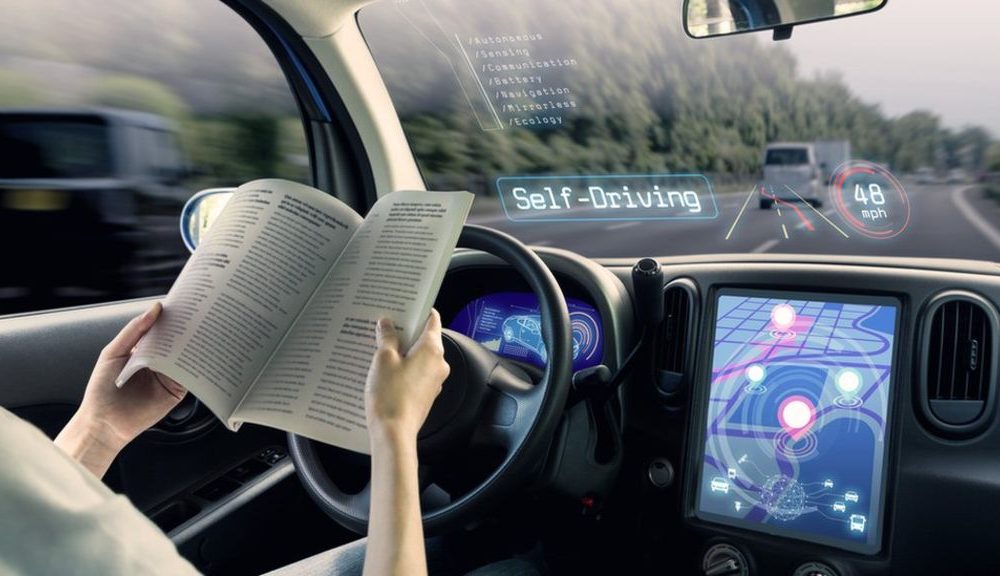

Přejít k obsahu | Přejít k hlavnímu menu | Přejít k vyhledávání

The Internet of things. How many different articles have been published in recent years? How many studies have tried to provide relevant data and predict when that big boom will explode and IoT will be here? But at the same time, we feel that it is not the case that there are already smart things all around us that communicate on their own, solve problems for us, communicate with each other and open up all the amazing possibilities that these articles discuss. Therefore, it is good to ask that question again and relate it to June 2020. To tell you where we stand right now and where the next development is going.
First, let’s move on to the very definition of IoT (Internet of Things). It is a network of sensors that are connected to the Internet and are able to collect and exchange data. They usually don’t need a person to do that at all. They simply send the information to the cloud themselves, where some software responsibly “chews” it and decides what action to take. To make it all work, these devices often operate in low-power wide-area network mode – so they don’t consume a lot . And they use special networks to communicate with each other. In the Czech environment these are typically Sigfox, NB-IoT or LoRa. But you may already know that. So let’s focus for a moment on the main issues we will need to address before IoT becomes a fixed part of our everyday life?
How to understand the huge amount of data?
If predictions don’t fail, the Internet of Things will start spewing an incredible amount of data. In addition to human users, a whole huge area of “data spouts” will be created in the form of machines, sensors and devices. In 2025, this device should generate 79.4 zettabytes of data. That is, one thousand for ever seven dwellings. In an order of magnitude more than the most powerful supercomputers we have available can hold. More than 75 billion devices worldwide should be connected in five years, which is about ten times more than the population of our planet. So the world will be more interconnected than ever before, and the intricate network of human communication will be accompanied by a super-complex network of devices. Artificial intelligence must help with that.
How will the development of artificial intelligence progress?
It’s just rhetoric – but data is to be the oil of the 21st century. Everyone tells you how we can exploit them wonderfully, but how about multiplying the number every year? We need to use machines, specifically artificial intelligence, to help computers learn without having to program. It sounds crazy, but the machine gets the data, understands the users’ preferences and adapts their offer to them. If even this is too abstract, then, for example, smart cars can evaluate the traffic situation in real time and automatically redirect to another route. This idea is not complete sci-fi, because smartphones, for example, can already do this for the most part today, they just keep counting on delays and they won’t turn the wheel on their own.
Will the 5G network truly be the standard?
We are looking forward to the arrival of the 5G network, which is an absolutely decisive condition for further development. Because today, if one network cell can support 5,500 to 6,000 devices, one 5G network cell can handle up to one million devices. This is a real boom that will allow you to add, connect and engage billions of applications. So far, we are constantly postponing the commercial start – once due to alarming reports about the impact on our health, the second time due to the coronavirus crisis, the third time due to the resignation of the head of the Czech Telecommunications Office, and the fourth time due to concerns about unfair competition, which postpones month after month the expected arrival of a superfast network.
How to ensure security?
In order to rely on smart devices, we must be sure that they do not start damaging us.Some research claims that IoT devices are potentially dangerous because they have not had years and decades of developing their own firewalls, antiviruses or other sophisticated security systems. Therefore, logically, there is a growing fear that a smart TV, security camera or smart door lock will endanger our security. Therefore, a lot is expected from a router that will provide an Internet access point to your home. This will create the only device that can protect your safety.
Interested in more about IoT? Watch the web www.inelsair.com.